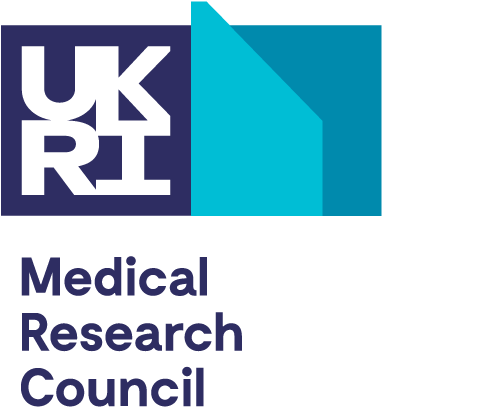1. Purpose of triage
Medical Research Council (MRC) boards and panels usually undertake a triage stage five to six weeks before the funding meeting. The purpose of triage is to:
- ensure proposals discussed at the funding meeting are of scientific and strategic interest to the board or panel
- ensure the number of proposals assessed at each meeting is manageable and conducive to effective discussions
- identify, at an early stage, those proposals that are uncompetitive and therefore unlikely to be awarded funding.
Rejection at the triage stage is considered beneficial for applicants unlikely to be successful as it enables them to take account of external peer reviewer comments at an earlier stage.
2. Triage process
Triage is conducted by seeking board or panel members’ critical evaluation of each funding proposal aided by the comments provided by external peer reviewers. Should expertise be required from another field, guest introducers are invited to contribute. These evaluations are then discussed at a triage meeting, where the final ‘triage in’ (proposal proceeds to funding meeting) or ‘triage out’ (proposal rejected) decisions are taken.
3. Assessment criteria for ‘triage in’ and ‘triage out’ recommendations
Board and panel members consider each proposal based upon its quality, impact and productivity, as detailed in the Scoring matrix for board and panel meetings. If the proposal has the potential to be fundable and any concerns can be addressed in the principal investigator (PI) response, members recommend ‘triage in’ and provide comments to justify this. If the proposal does not have the potential to achieve a fundable score at the funding meeting or presents concerns which cannot be addressed at the PI response, members recommend ‘triage out’ and again provide justification.
Reproducibility
Board and panel members are required to comment on information relating to the justification of methods, statistical analyses and experimental design aspects of the proposal. Members note if suitable and sufficiently detailed information is provided to convince the board or panel that the proposed experiments will be carried out appropriately to produce robust and reproducible research.
4. Communication of decisions
MRC head office communicates triage decisions within 10 working days of the triage meeting.
5. Feedback
All applicants receive peer review comments following the triage meeting. Applicants may also receive additional feedback from the triage panel. In most cases (excluding the Developmental Pathway Funding Scheme and some managed mode funding opportunities) applicants who pass the triage stage have the opportunity to respond to all comments either ahead of or at the funding meeting.
Last updated: 21 November 2022


